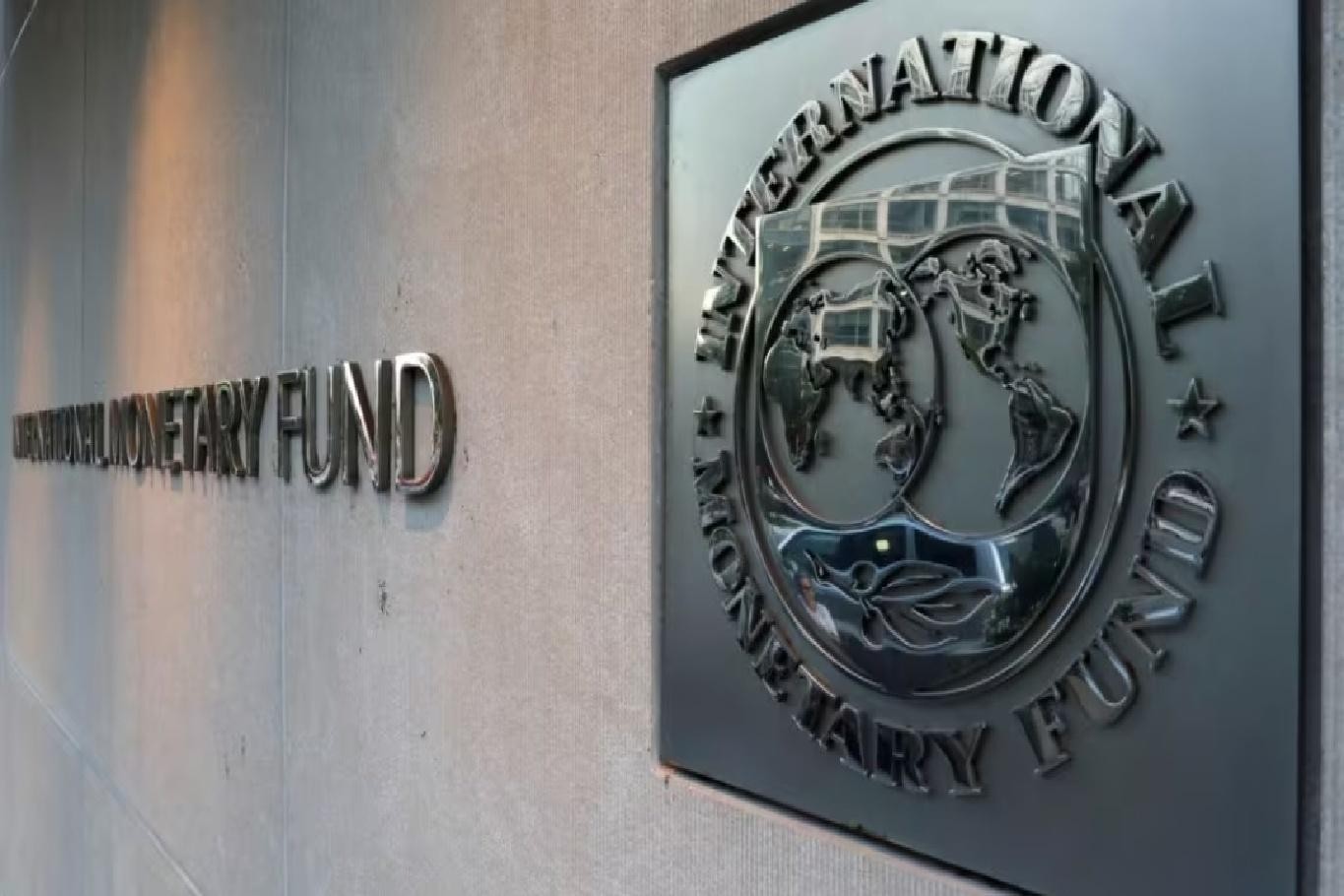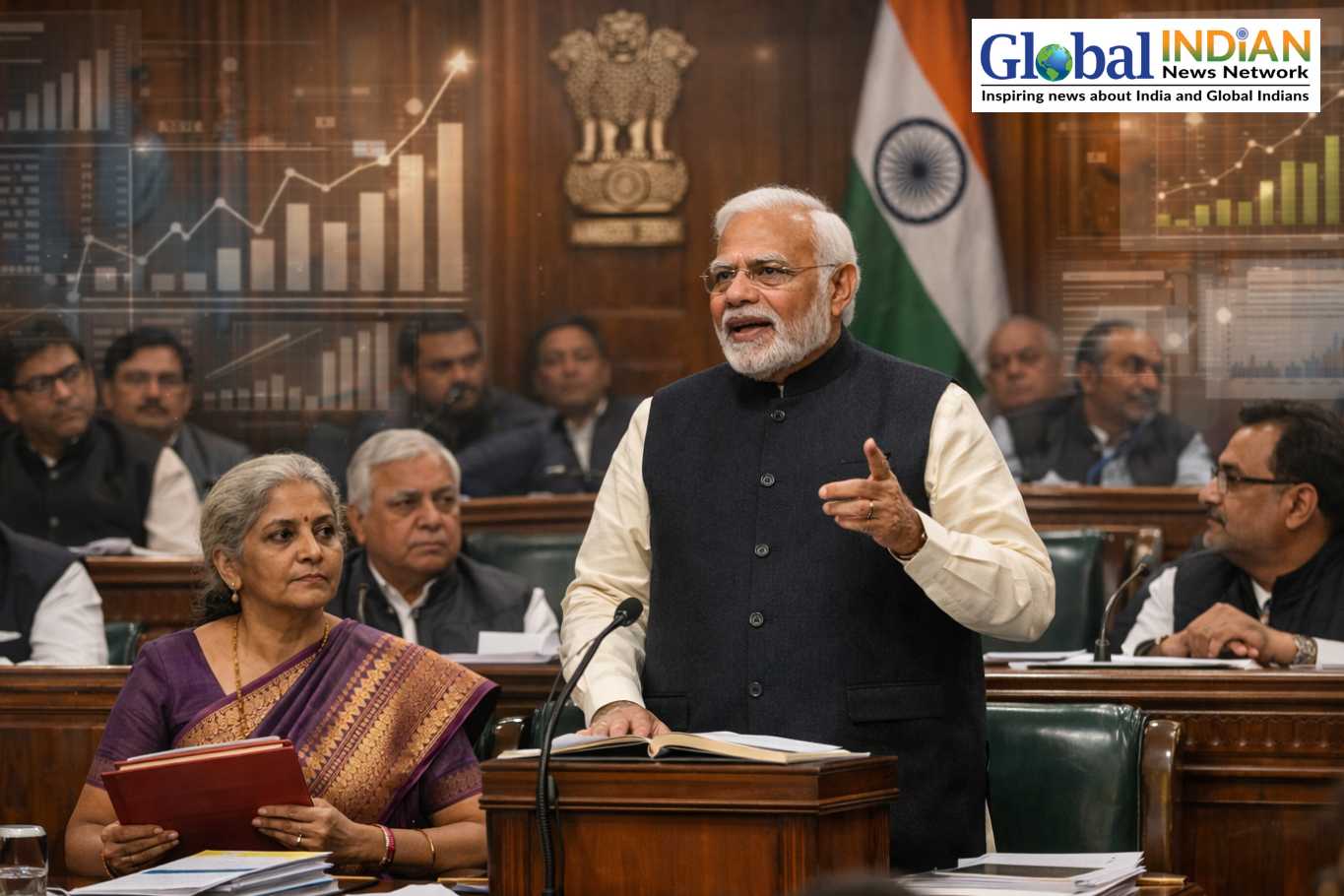
The International Monetary Fund (IMF) has upgraded its GDP growth forecast for India in FY24 by 110 basis points to 7.8%, surpassing the National Statistical Office’s (NSO) estimate of 7.6%. Additionally, it revised the GDP growth projection for FY25 upward by 30 bps to 6.8% and maintained the forecast for FY26 at 6.5%. The IMF attributed these revisions to robust domestic demand and a growing working-age population.
However, the IMF’s forecast for FY25 remains 20 bps lower than the Reserve Bank of India’s (RBI) projection of 7%. Finance Minister Nirmala Sitharaman suggested that GDP growth in FY24 might exceed 8%, citing improved inflation management and macroeconomic stability.
In the current fiscal year (FY25), the IMF anticipates India’s CPI inflation to average 4.6%, slightly above the RBI’s projection of 4.5%, and the current account deficit (CAD) to average 1.4% of GDP, compared to 1.2% in FY24.
Globally, the IMF expects the world economy to grow by 3.2% in both 2024 and 2025, with a revised projection of 10 bps higher for 2024. The IMF predicts the US economy to grow by 2.7% in 2024, an increase of 60 bps from its previous forecast, while China’s economy is expected to grow by 4.6%, unchanged from earlier estimates.
IMF’s Chief Economist Pierre-Olivier Gourinchas emphasized the importance of addressing inflation concerns, particularly in light of recent geopolitical tensions and persistent services inflation. He noted the positive impact of declining energy prices on inflation but highlighted the risk of further trade restrictions affecting Chinese exports and exacerbating goods inflation.
The IMF report also points out a concerning trend of widening divergence between low-income developing countries and the rest of the world. Growth forecasts for these economies have been revised downward, while inflation projections have been revised upward, indicating ongoing challenges in recovering from the pandemic and addressing cost-of-living crises.









